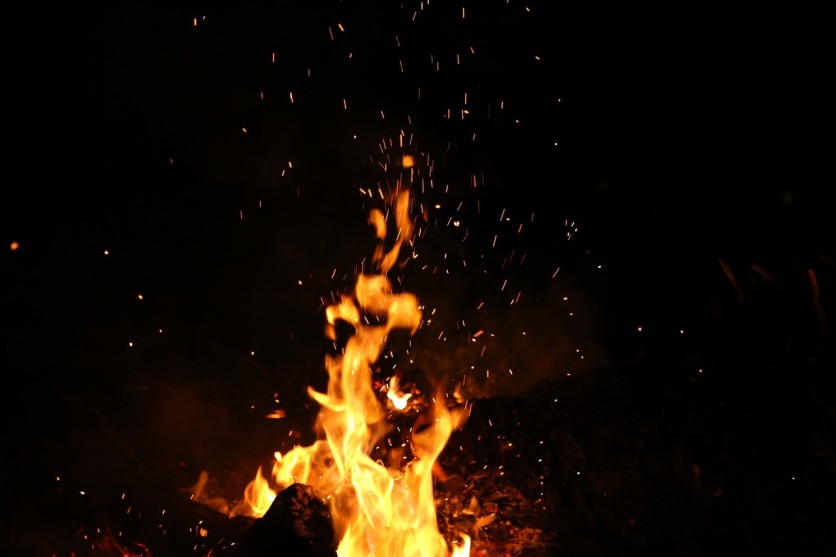In both Canada and the United States, there is a growing interest in water cremation as a more eco-friendly option for burials. Also known as alkaline hydrolysis, this alternative method has been gaining momentum in recent years.

The body of a cancer patient who had radiation treatment was cremated in a crematory in Arizona, contaminating the vacuum filter, oven, and bone crusher with radioactive materials. The man received lutetium-177 dotatate prior to his death.
Water Cremation as Eco-Friendly Alternative
In the U.S. Stuart Westie, a resident of Williams Lake in British Columbia, Canada, is advocating for its adoption in the province to align with net-zero targets and combat human-induced emissions.
Alkaline hydrolysis utilizes a strong alkaline solution to dissolve organic materials, leaving behind only bones and other non-organic remains. It's comparable to using soap to break down dirt, but on a larger scale and with specific chemicals and temperatures.
Currently, water cremation is legally permitted only in certain Canadian regions, including Saskatchewan, Ontario, Quebec, Newfoundland and Labrador, and the Northwest Territories.
However, its acceptance and adoption are gradually increasing as more individuals seek sustainable alternatives for end-of-life arrangements.
Interesting Engineering reported that this method of cremation is seen as environmentally sustainable due to its reduced carbon emissions, lower energy consumption, potential for chemical recycling, and minimal air pollution compared to traditional cremation methods.
In the process, the body is placed into a machine where regular city water and a chemical like potassium chloride are added. The temperature is raised to 150 degrees, and within five hours, the body is fully processed.
Afterward, the remaining bones can be crushed and placed in an urn. Any dental fillings, hip replacements, and other prosthetics are also retained.
During their meeting on January 16, the council made a decision to put forward a resolution supporting alterations to the law to permit alkaline hydrolysis as an alternative to conventional cremation methods.
Additionally, they agreed to partner with the Cariboo Regional District on this matter. Westie aimed to present the proposal at the district's board meeting scheduled for February 8.
Westie underscored the ecological advantages of alkaline hydrolysis over traditional flame-based cremation, highlighting its significantly lower carbon footprint.
Becoming Favored Disposition
According to Connecting Directors, citing the 2023 Annual Report from CANA, cremation has become the favored disposition method for at least 59 percent of all deaths in the United States.
Additionally, CANA and NFDA reported that in 2022, out of 3,273,705 recorded deaths in the U.S., 59 percent were flame cremations.
This translates to 1,931,485 cremations, with emissions equivalent to powering almost two million three-bedroom homes for a week or filling nearly two million gas tanks.
During a committee of the whole meeting, as reported by The Williams Lake Tribune, the 76-year-old Westie urged the council to refer a resolution to the North Central Local Government Association (NCLGA), with hopes that it would be promoted to the UBCM.
This puts pressure on authorities to consider the adoption of alkaline hydrolysis.

![Apple Watch Series 10 [GPS 42mm]](https://d.techtimes.com/en/full/453899/apple-watch-series-10-gps-42mm.jpg?w=184&h=103&f=9fb3c2ea2db928c663d1d2eadbcb3e52)



